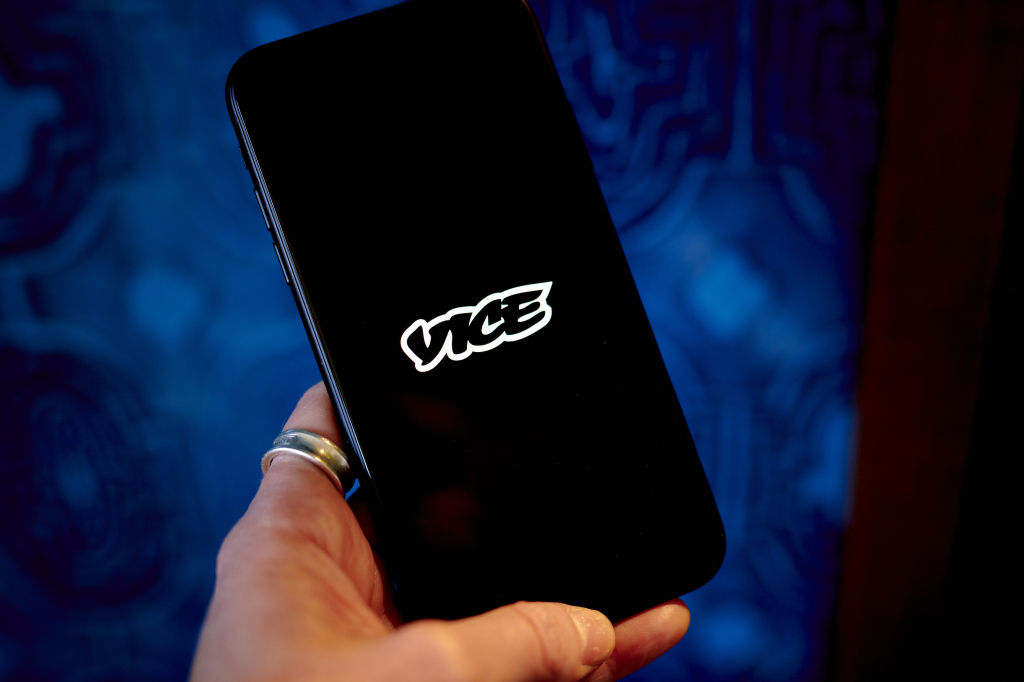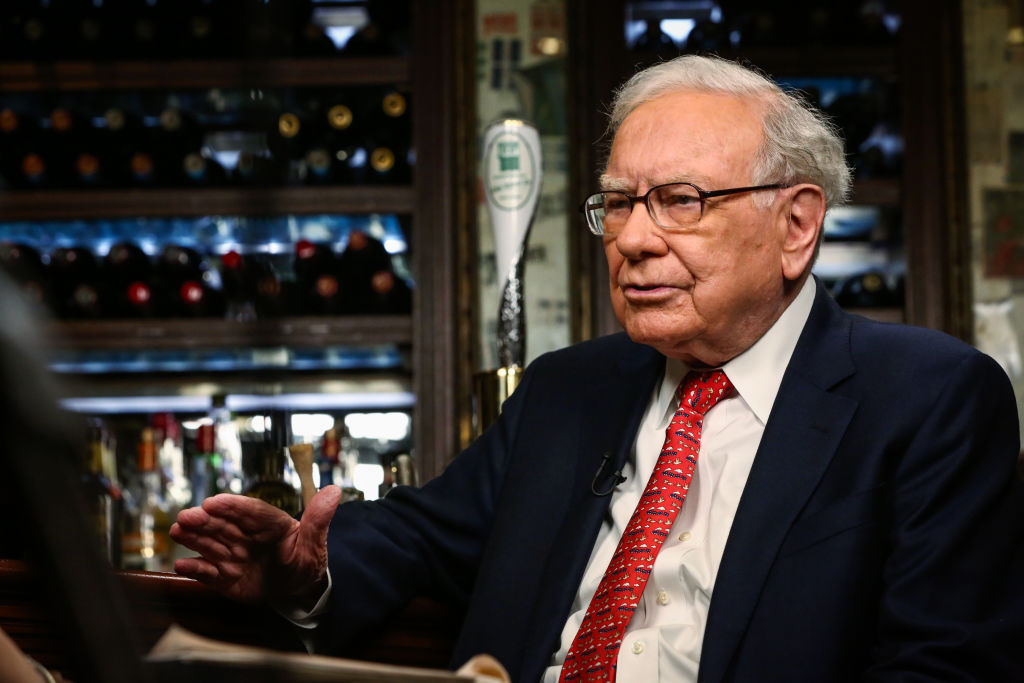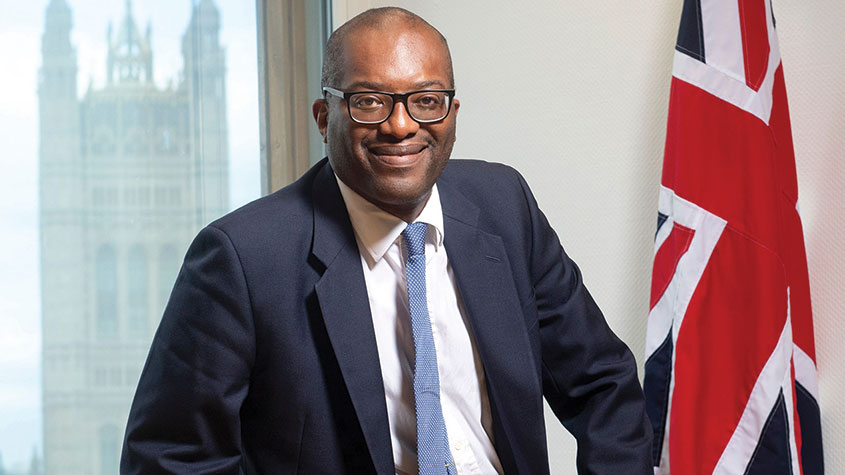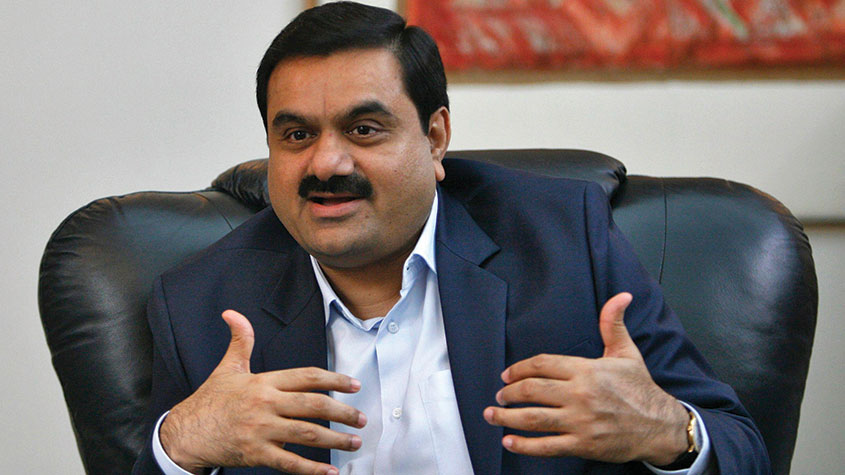Great frauds in history: OPM Leasing Services
Childhood friends Mordecai Weissman and Myron Goodman siphoned off huge amounts of money from their company to spend on mansions, a private jet and a chauffeured limousine.

Get the latest financial news, insights and expert analysis from our award-winning MoneyWeek team, to help you understand what really matters when it comes to your finances.
You are now subscribed
Your newsletter sign-up was successful
Want to add more newsletters?
Childhood friends Mordecai Weissman and Myron Goodman founded O.P.M. Leasing Services in 1970 above a sweet shop in New York. O.P.M – whose initials officially stood for Other People’s Machines, but seems to have been a cynical play on Other People’s Money – borrowed to buy mainframe computers from IBM, which it leased to large companies. By offering substantially lower rates than its competitors and by allowing companies to return the equipment if it became obsolete, O.P.M. quickly took a large share of the market. By 1978 it was one of the five largest leasing companies in the United States, employing 250 people over 11 offices.
What was the scam?
O.P.M. lost money from the start because of low rental fees and poor management, and quickly became insolvent. However, the duo persuaded banks to keep lending them money by pledging the same machines as collateral for multiple loans. They also inflated the value of the computers the firm owned and exaggerated the amount of money they were getting from each lease. As well as using the infusion of cash to pay O.P.M.’s expenses, Weissman and Goodman siphoned off large amounts of money from their company for their own personal spending on mansions, a private jet and a chauffeured limousine.
What happened next?
In 1977, IBM announced a new generation of computers, prompting customers to take advantage of the clause allowing them to cancel their leases if their equipment became obsolete. With business imploding, Weissman and Goodman decided to borrow even more money, altering and forging contracts with defence contractor Rockwell to give the impression that business was still booming. However, after the resignation of O.P.M.’s law firm in late 1980, the fraud became impossible to hide. By early 1981 it declared bankruptcy. Weissman and Goodman eventually received long jail sentences.
Try 6 free issues of MoneyWeek today
Get unparalleled financial insight, analysis and expert opinion you can profit from.

Sign up to Money Morning
Don't miss the latest investment and personal finances news, market analysis, plus money-saving tips with our free twice-daily newsletter
Don't miss the latest investment and personal finances news, market analysis, plus money-saving tips with our free twice-daily newsletter
Lessons for investors
Overall, O.P.M. fraudulently borrowed $200m (equivalent to $621m in 2019) from banks. It was only able to repay less than a third of that amount. The banks were heavily criticised for not bothering to check either the leases or the ownership of the underlying machines properly. Instead, they relied on the blue-chip reputation of the firms with whom O.P.M. was supposedly doing profitable business. This is a reminder that you can’t take anything on trust. The fact that the fraud was rapidly exposed by the arrival of improved computer systems also shows how new technology can rapidly upend a firm’s business model.
Get the latest financial news, insights and expert analysis from our award-winning MoneyWeek team, to help you understand what really matters when it comes to your finances.

-
 Student loans debate: should you fund your child through university?
Student loans debate: should you fund your child through university?Graduates are complaining about their levels of student debt so should wealthy parents be helping them avoid student loans?
-
 Review: Pierre & Vacances – affordable luxury in iconic Flaine
Review: Pierre & Vacances – affordable luxury in iconic FlaineSnow-sure and steeped in rich architectural heritage, Flaine is a unique ski resort which offers something for all of the family.
-
 VICE bankruptcy: how did it happen?
VICE bankruptcy: how did it happen?Was the VICE bankruptcy inevitable? We look into how the once multibillion-dollar came crashing down.
-
 What is Warren Buffett’s net worth?
What is Warren Buffett’s net worth?Warren Buffett, sometimes referred to as the “Oracle of Omaha”, is considered one of the most successful investors of all time. How did he make his billions?
-
 Kwasi Kwarteng: the leading light of the Tory right
Kwasi Kwarteng: the leading light of the Tory rightProfiles Kwasi Kwarteng, who studied 17th-century currency policy for his doctoral thesis, has always had a keen interest in economic crises. Now he is in one of his own making
-
 Yvon Chouinard: The billionaire “dirtbag” who's giving it all away
Yvon Chouinard: The billionaire “dirtbag” who's giving it all awayProfiles Outdoor-equipment retailer Yvon Chouinard is the latest in a line of rich benefactors to shun personal aggrandisement in favour of worthy causes.
-
 Johann Rupert: the Warren Buffett of luxury goods
Johann Rupert: the Warren Buffett of luxury goodsProfiles Johann Rupert, the presiding boss of Swiss luxury group Richemont, has seen off a challenge to his authority by a hedge fund. But his trials are not over yet.
-
 Profile: the fall of Alvin Chau, Macau’s junket king
Profile: the fall of Alvin Chau, Macau’s junket kingProfiles Alvin Chau made a fortune catering for Chinese gamblers as the authorities turned a blind eye. Now he’s on trial for illegal cross-border gambling, fraud and money laundering.
-
 Ryan Cohen: the “meme king” who sparked a frenzy
Ryan Cohen: the “meme king” who sparked a frenzyProfiles Ryan Cohen was credited with saving a clapped-out videogames retailer with little more than a knack for whipping up a social-media storm. But his latest intervention has backfired.
-
 The rise of Gautam Adani, Asia’s richest man
The rise of Gautam Adani, Asia’s richest manProfiles India’s Gautam Adani started working life as an exporter and hit the big time when he moved into infrastructure. Political connections have been useful – but are a double-edged sword.